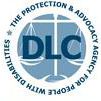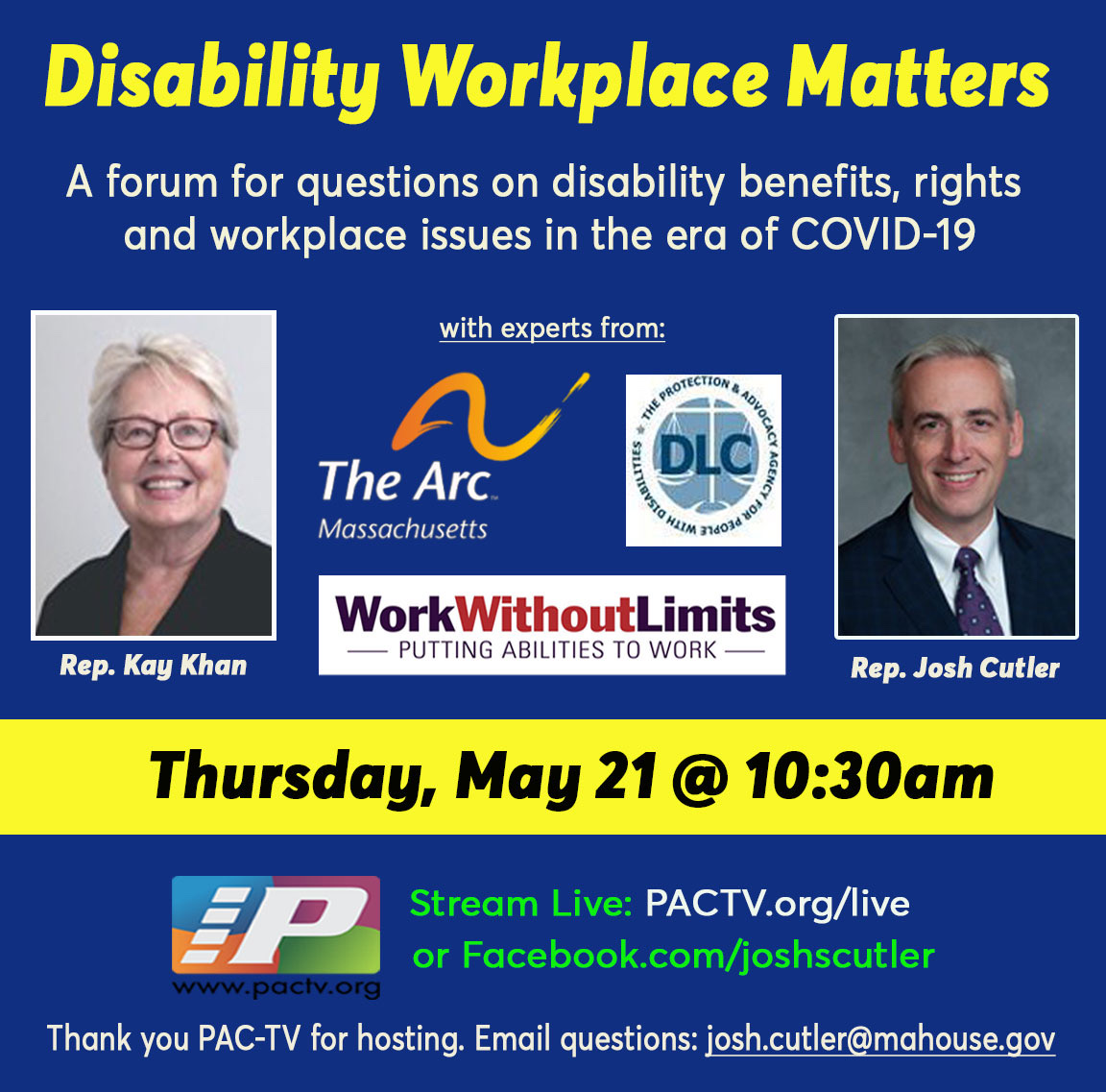For Immediate Release
October 19, 2020
Contacts
Meredith Weaver, Staff Attorney, Disability Rights Advocates: 510-665-8644, mweaver@dralegal.org
Tatum A. Pritchard, Director of Litigation, Disability Law Center: 617-723-8455,
tpritchard@dlc-ma.org
Kim Charlson, Immediate Past President: 617-501-5752, kimcharlson@acb.org
Accessibility Enhancements on the Horizon for HBO Max Customers Who are Blind
In a landmark agreement, advocates for people who are blind have obtained WarnerMedia’s pledge to increase the accessibility of HBO Max—the much-anticipated online streaming platform that was launched earlier this year. Among other commitments, the agreement provides that WarnerMedia will provide audio description on at least 1,500 hours of new and existing programming on HBO Max by the end of March 2021, increasing to 3,000 hours by the end of March 2022, and doubling again to at least 6,000 hours in total by the end of March 2023.
The agreement was reached between WarnerMedia Direct, LLC on the one hand and the American Council of the Blind (ACB); the Massachusetts-based Bay State Council of the Blind (BSCB); Kim Charlson; and Brian Charlson on the other. These blind individuals and advocacy organizations were represented by Disability Rights Advocates (DRA), a national non-profit legal center, and Disability Law Center, the Protection & Advocacy agency for Massachusetts.
HBO Max is WarnerMedia’s direct-to-consumer offering, bringing together HBO, a robust slate of new original series, key third-party licensed programs and movies, and fan favorites from WarnerMedia’s rich library including Warner Bros., New Line, DC, CNN, TNT, TBS, truTV, Turner Classic Movies, Cartoon Network, Adult Swim, Crunchyroll, Rooster Teeth, Looney Tunes and more.
Under the agreement, WarnerMedia will ensure that audio description—a separate audio track that, when activated, provides a verbal description of visual elements on screen—is created on a going forward basis for all HBO original programming as well as all Max Originals that have entered post-production since the platform launched in May 2020. For more on audio description, visit ACB’s Audio Description Project.
In addition, over the next year, accessibility of the HBO Max website, mobile applications, and applications for Internet-connected TVs will be improved for individuals who are blind and use screen-reading software to navigate and interact with digital content. Screen-reading software enables blind individuals to access and interact with online services by rendering the text displayed visually on the screen as large print, synthetic speech, or onto a digital braille display. For screen magnification and screen-reading software to work, website and app developers must program for compatibility. HBO Max will release accessibility improvements incrementally as they are ready for distribution and, by the end of September 2021, the HBO Max website, mobile applications, and available internet-connected TV applications will substantially comply with standard international web accessibility guidelines.
Kim Charlson, Immediate Past President of the American Council of the Blind, commented, “This agreement opens doors for individuals who are blind or visually impaired to both enjoy what HBO Max provides in terms of entertainment and education, while also allowing blind and low vision people to share equally with family and friends in this truly universal pastime. By working together to bring thousands of additional hours of audio description content to HBO Max, along with the improved accessibility of the website, mobile apps, and smart TV interfaces, WarnerMedia and blind advocates are providing meaningful access to a significant aspect of our modern-day world.”
Staff Attorney Meredith Weaver of Disability Rights Advocates explains, “We are very pleased at the commitment HBO Max has made to ensure that customers who are blind or have low vision have access to its award-winning and expansive library.”
Tatum A. Pritchard of Disability Law Center, said, “With this year marking the 30th anniversary of the signing of the Americans with Disabilities Act, this agreement with WarnerMedia signals welcome and notable progress towards greater accessibility for people who are blind or visually impaired to streaming content that serves as an important source of both entertainment and information for our society.
############
About Disability Rights Advocates (DRA)
DRA is one of the leading non-profit disability rights legal centers in the nation. With offices in Berkeley and New York City, DRA’s mission is to advance equal rights and opportunities for people with all types of disabilities nationwide. To advance that mission, DRA regularly advocates for greater access to modern technology. DRA has negotiated access improvements to several types of popular technologies including Redbox self-service video rental kiosks. For more information, visit www.dralegal.org.
About Disability Law Center (DLC)
DLC is the federally designated Protection and Advocacy agency for Massachusetts responsible for providing legal advocacy to protect and promote the rights and interests of Commonwealth residents with disabilities. DLC has worked with Bay State Council of the Blind to address accessibility barriers in important spheres of community life, including matters concerning banking services and voting processes. For more information, visit www.dlc-ma.org.
About American Council of the Blind (ACB)
ACB works to increase the independence, security, equality of opportunity, and quality of life, for all people who are blind or visually impaired. ACB advocates for policies that provide services, opportunities, infrastructure, and equipment that are necessary for an inclusive society, in federal, state, and local governments, and among service providers and industry. For more information, visit www.acb.org.
About Bay State Council of the Blind (BSCB)
BSCB is a membership organization of blind, visually impaired, and sighted individuals committed to an enhanced quality of life for Massachusetts’ residents who are blind or visually impaired. BSCB convenes meetings and conferences, organizes recreation activities, provides publications, radio programs, and information, and advocates for services and legislation that improve access for people who are blind. For more information, visit www.acbofma.org.
 Loading...
Loading...


 A forum for questions on disability benefits, rights and workplace issues in the era of COVID-19.
A forum for questions on disability benefits, rights and workplace issues in the era of COVID-19.